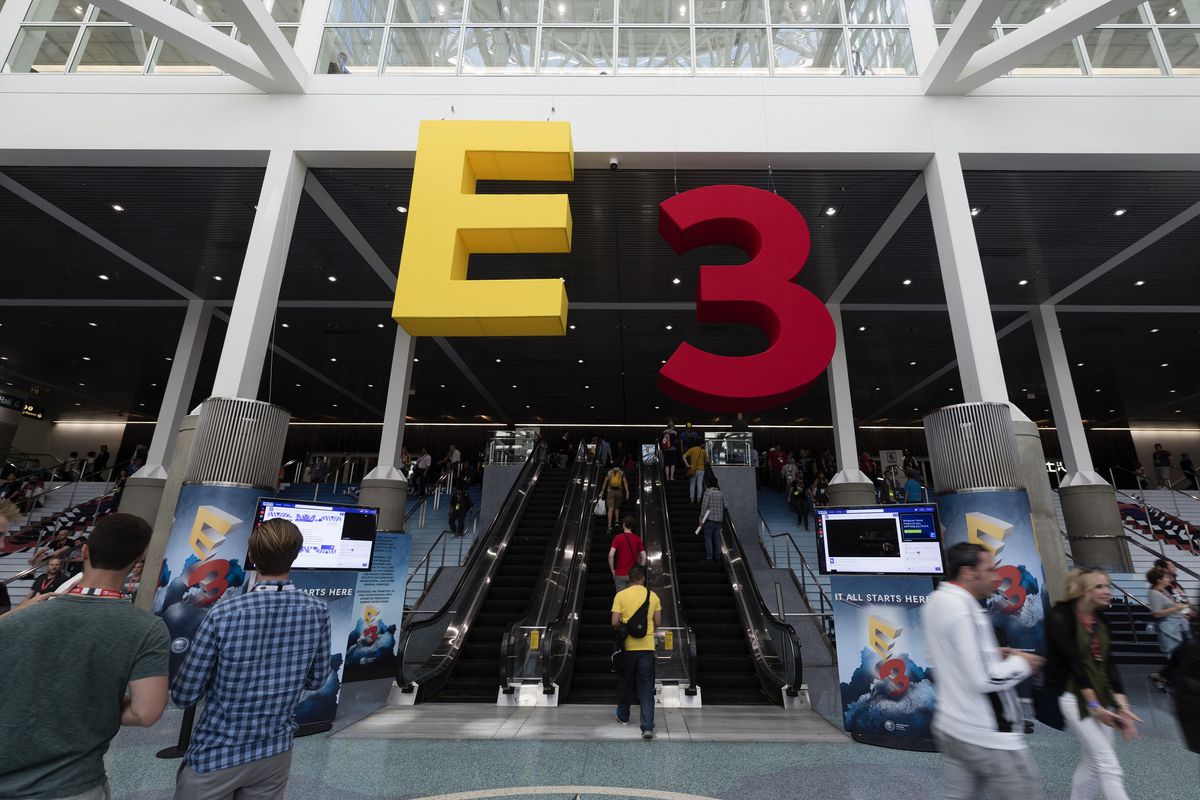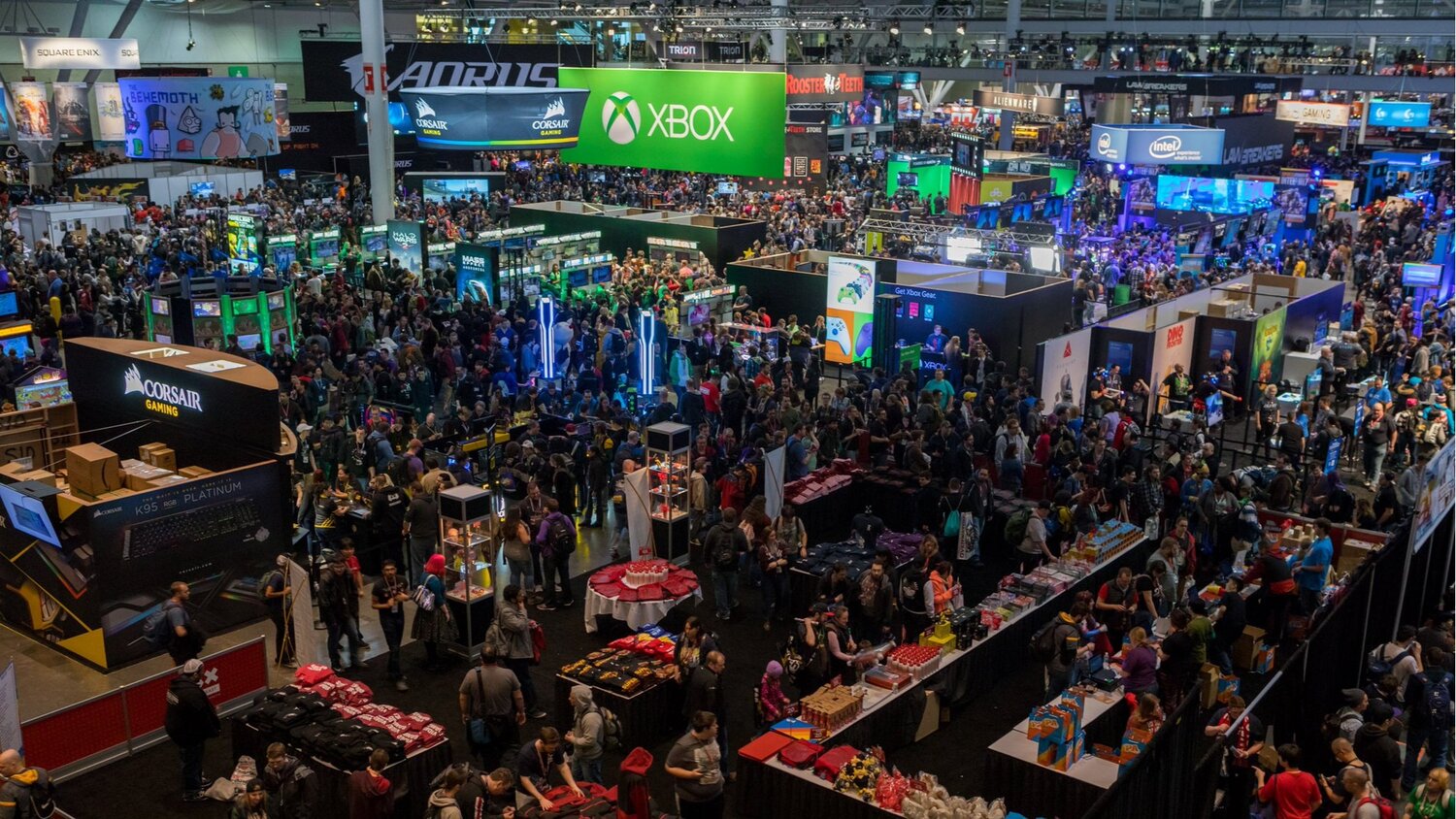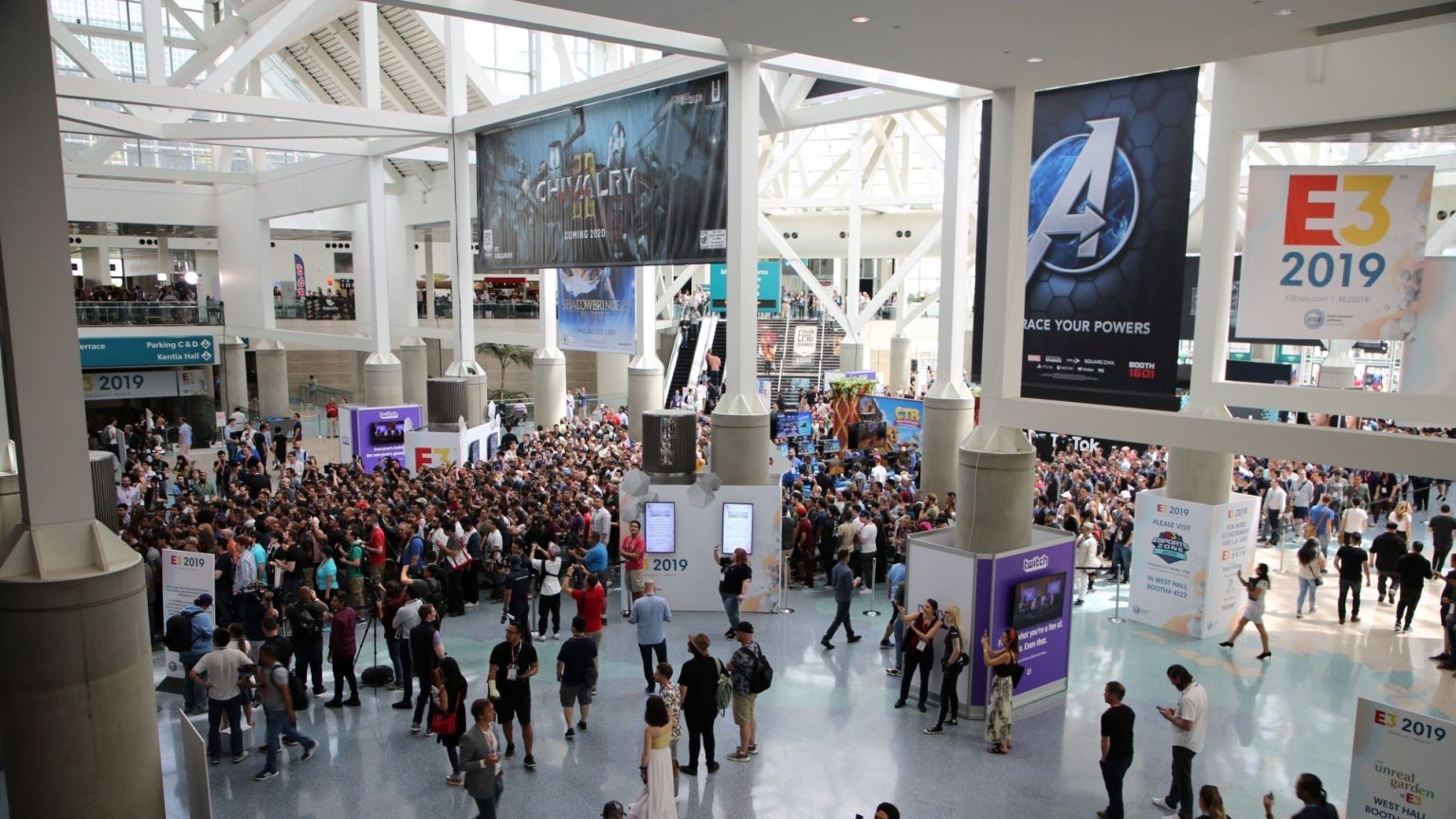Welcome to Monday Musings, a column dedicated to miscellaneous ideas and spontaneous ramblings. This week, I discuss the rise and fall of E3, and what it spells for the rest of the industry.
A few weeks ago, the Entertainment Software Association (ESA) announced that it has cancelled its plans for E3 2022. The organization had originally planned to host a digital show in place of an in-person event, as it had for E3 2021.
The cancellation signifies a seismic shift in the video game industry. And yet, it’s a shift many fans and critics had anticipated.
The rumblings began in 2019, when Sony decided to forgo E3 in favor of its own event. Attendance declined that year; far worse, the ESA suffered a massive security breach, leaving thousands of journalists with their data compromised.
E3’s viewership evaporated in 2020, when the pandemic forced the ESA to cancel the long-running conference. In its place came Geoff Keighley’s Summer Games Fest, punctuated by a host of publisher-led livestreams.
While E3 rebounded in 2021 with a fully virtual event, the damage had been done. Sony remained aloof, publisher “Directs” were only becoming more common, and the ESA’s credibility was still a big question mark.
With 2022’s cancellation, it’s clear E3 is against the ropes. The ESA plans to host an in-person event in 2023, promising a “reinvigorated showcase.” However, one has to wonder: Is the writing on the wall for E3? Are video game tradeshows as a whole a thing of the past?

Are Video Game Tradeshows Still Relevant?
I ask the above not to be a negative Ness. The reality is, COVID-19 forced event organizers to rethink their own future. Either you learn to adapt to a digital-first, contactless world, or you commit to irrelevancy.
E3 is clearly trending toward the latter. Is it an outlier, or the first domino to fall in an industry-wide trend?
Let’s talk PAX—one of the largest digital and tabletop gaming events in the U.S. For years, the Penny Arcade Expo has been a gathering ground for gamers and cosplayers. Whether you attend PAX Prime in Seattle, or PAX East in Boston, you’re ensured four days of geekdom, community, and fun.
I’ve attended PAX East for the better part of 10 years. The only time I missed a year was when I studied abroad in Paris (and even then, I made sure to cover the 2017 Paris Games Week show). The event’s become a part of my life, to the point that I consider it a bit like my “gaming Christmas.”
Which makes it hard, then, for me to ask the question: Is PAX done for?

PAX East 2022, and the Future of PAX
PAX East 2021 was cancelled due to COVID. It was sad, but understandable. In its place, Penny Arcade hosted a digital event. It could have been a fun show, but it was poorly marketed by organizers, and as a result garnered little to no viewers. Sad, yes; this time less understandable.
Now, PAX East 2022 is back—set to resume Thursday through Sunday of this coming week. My heart wants to treat it like a proper homecoming after a year hiatus, but my brain tells me otherwise. Nearly every major publisher—Nintendo, Microsoft, Sony, Square Enix, Bandai Namco—has opted to skip this year’s event. The booths are smaller, the games are lower profile, and the panel schedule is underwhelming. The event feels like a punt on fourth down.
Is this a sign of the times we live in? Probably. Is there anything Penny Arcade could have done to buff out this year’s lineup of games and speakers? Maybe, maybe not. Regardless of the answer, I’m disappointed.
I’m sure I’ll still have a blast. There will no doubt be ample indie games to cover, developers to meet, and moments to celebrate. But I can’t shake the feeling that I’ve already seen the best PAX has to offer.

Embracing (or Rejecting?) a Digital-Only Future
Even if in-person events rebound from COVID, the gaming industry is speeding toward a digital-only future. Physical discs are becoming a thing of the past. Video game subscription services like Xbox Game Pass are upending how games are purchased and consumed. And while the Wii U and 3DS eShop closures have people scared about preservation, it’s clear there’s no going backward—only forward.
If anything, though, I’d argue we need events like PAX and E3 now more than ever. Games are an intimate, personal art, and they deserve to be enjoyed as such. Monet and Dalí connoisseurs spend their time in galleries—not staring at JPEGs and NFTs online. HBO Max and Disney+ may offer Dune and Turning Red straight-to-stream, but nothing beats seeing those films on the big screen.
Technology may make life simpler, but it can’t give life meaning; we do that. Smartphones, Zoom calls, dank memes… they’re all just vehicles for our own expression and creativity. Why communicate at all if not to build community with others?
So while moving away from live events may seem like a foregone conclusion, that doesn’t make the reality any less sad. I have no clue whether we’ll see in-person gaming tradeshows like PAX next year, but you best believe I’ll be living it up come Thursday—lame panels be damned.
Let’s live in the moment today. Tomorrow will come eventually.
David is the founder of The Punished Backlog. He has a problem finishing games he starts.
Just beat: Donkey Kong Bananza.
Working on: Hollow Knight: Silksong.
Can't wait for: Metroid Prime 4: Beyond.
Follow David on Twitter at @David_Silbert to keep up to date with all things The Punished Backlog.










